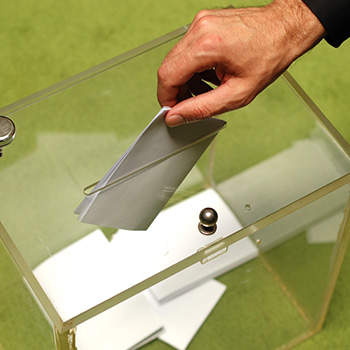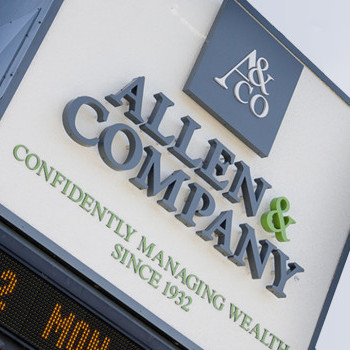 I recently read an article on how ecological balances can be thrown all out of whack by the addition or removal of top predators. In the article by the Director of the Center for Limnology, University of Wisconsin, Stephen Carpenter, he explains: “In a three-level food chain, an increase (or decrease) in carnivores causes a decrease (or increase) in herbivores and an increase (or decrease) in primary producers such as plants and phytoplankton. This ecological phenomenon is known as a trophic cascade.
I recently read an article on how ecological balances can be thrown all out of whack by the addition or removal of top predators. In the article by the Director of the Center for Limnology, University of Wisconsin, Stephen Carpenter, he explains: “In a three-level food chain, an increase (or decrease) in carnivores causes a decrease (or increase) in herbivores and an increase (or decrease) in primary producers such as plants and phytoplankton. This ecological phenomenon is known as a trophic cascade.
In as much as my brain is wired such as it is, I pondered how this information could be used to understand better investing.
Well, the article took a rather deep dive into aquatic and terrestrial ecosystems. So, after some deep thought, I came up empty. However, terms like three-level food chain, carnivores, herbivores, predators, etc., got me thinking of politics. (if you’re not following, you can call me)
With politics and elections already at a fevered pitch, how can history act as a guide when investing in an election year? Elections, especially presidential elections, can be quite divisive. Like the trophic cascade, a change at the top of the food chain can impact those lower on the food chain. Even the herbivores, both the eaters and smokers of plants, are affected.
In Capital Group’s Guide to Investing in an election year points out a few interesting points.
- U.S. stocks have trended up regardless of whether a Republican or Democrat won the White House.
- Primary season tends to be volatile, but markets have bounced back strongly afterward.
- Investors often get nervous and move into cash during election years.
- But staying on the sidelines has rarely paid off. It’s time, not timing, that matters most.
 So which political party has been better for investors? As the Capitol Group paper points out:
So which political party has been better for investors? As the Capitol Group paper points out:
“Investing during an election year can be tough on the nerves, and 2024 promises to be no different. Indeed, politics can elicit strong emotions and biases, but investors would be wise to tune out the noise and focus on the long term. “
That’s because elections have, historically speaking, made essentially no difference when it comes to long-term investment returns.
What should matter more to investors is staying invested.
A $1,000 investment in the S&P 500 made when Franklin D. Roosevelt took office would have been worth over $19 million as of June 30, 2023. During this time, there have been eight Democratic and seven Republican presidents.
 Current economic and political challenges may seem unprecedented, but a look at past election cycles shows that controversy and uncertainty have surrounded every campaign. In each case, the market has continued to be resilient over time. Successful investors stay the course and rely on time in the market rather than timing the market.
Current economic and political challenges may seem unprecedented, but a look at past election cycles shows that controversy and uncertainty have surrounded every campaign. In each case, the market has continued to be resilient over time. Successful investors stay the course and rely on time in the market rather than timing the market.
A hypothetical pointed out in the article showed the results of staying invested, consistent contributions or sitting on the sidelines. The bottom line was that election results have overall had little impact on long-term investors.
The hypotheticals dealt with investing in the S&P 500. So, elections can drive some investment decisions, but probably less than one might think.
Before you say it…..remember the words that have cost the loss of many dollars: “THIS TIME IT’S DIFFERENT.”
February 2024
The opinions voiced in this material are for general information only and are not intended to provide specific advice or recommendations for any individual. All performance referenced is historical and is no guarantee of future results. All indices are unmanaged and may not be invested into directly.




